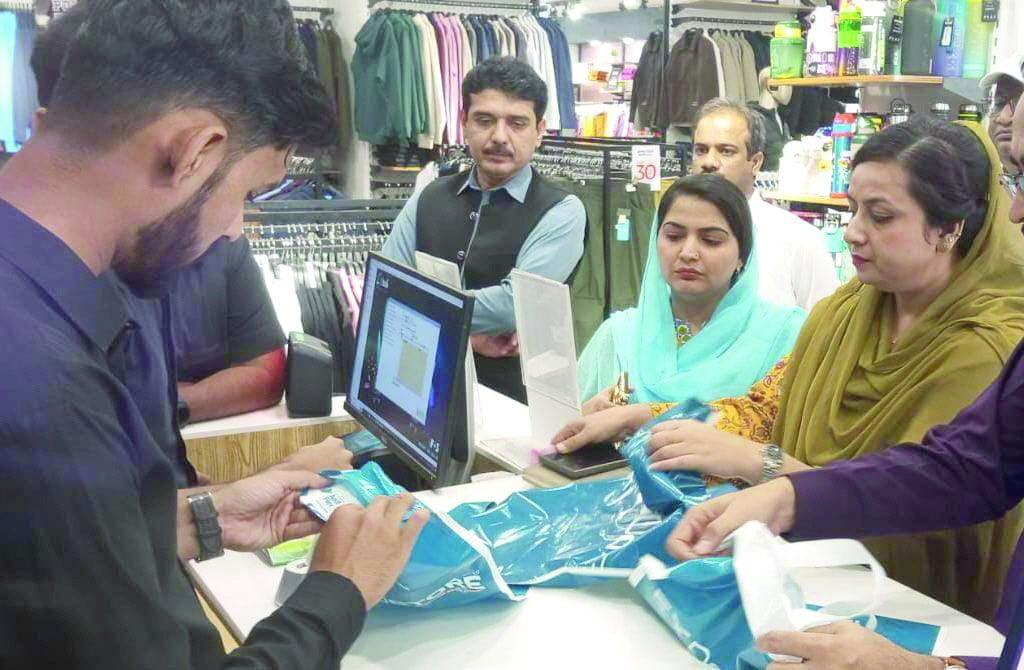Hyderabad:
The use and sale of plastic shopping bags continues incessantly in Hyderab despite a prohibition of the entire province imposed by the Sindh government since June 15. Prohibited plastic bags are still openly used in groceries, general stores and franchise points of sale.
The Sindh government has announced a complete prohibition of the manufacture, sale and use of all types of plastic shopping bags, including non -degradable, oxgradable bags, black and recycled in an effort to reduce environmental pollution and drain blocks. A formal notification has also directed the strict application and legal actions against offenders. However, even after more than two weeks, the implementation on the field remains ineffective.
Hyderabad DC Zain-Ul-Abideen Memon, issued directives on June 19 to all the commissioners attending the district to completely cooperate with the Environmental Protection Agency of Sindh (know) to guarantee the application of the prohibition.
The additional deputy commissioner, II Saba Israr, also sent a letter to the director’s information, urging the public awareness campaign to advise citizens to avoid the use of plastic bags and use fabric or paper bags.
The regional director of SEPA, Hyderabad, Imran Ali Abbasi, has affirmed that the sale of plastic bags at the wholesale level has stopped and the local authorities have been directed to stop their use in retail stores. He added that SEPA teams are actively visiting markets, issuing notices to merchants and distributing brochures to disseminate consciousness.
The reports indicate that Hyderabad has 107 Wholesale Plastic Bags stores, including 65 on Tower Market, nine in Qasimabad, six in Faqir Ka Pir, 10 in Latifabad, two in Preetabad and 15 in Tando Jam.
This is not the first time that this type is introduced. In March 2018, the Sindh government enforced section 144 to prohibit the manufacture, sale and use of plastic bags. Later, in November 2018, the provincial cabinet approved a gradual prohibition. The last prohibition, which entered into force on June 15, 2025, marks the third attempt of this type, but the significant implementation remains difficult to achieve.




